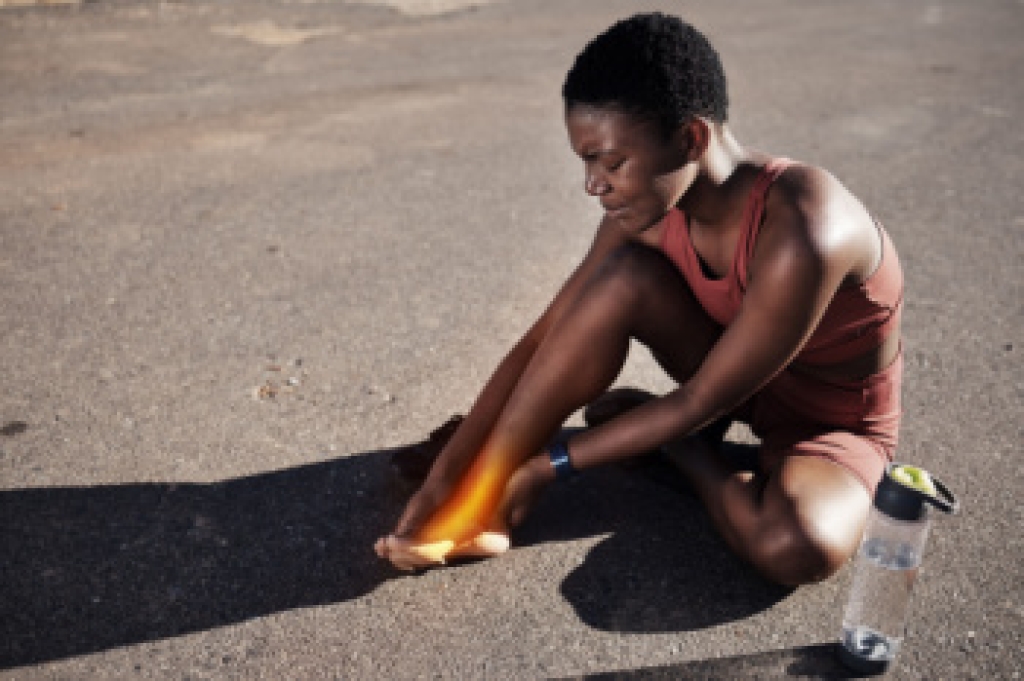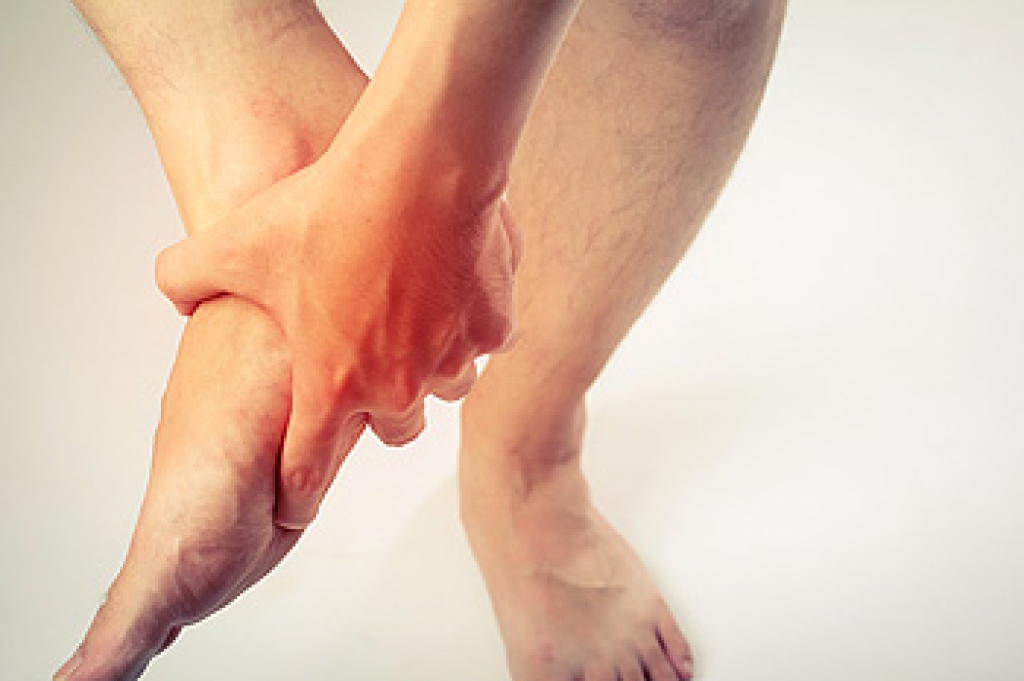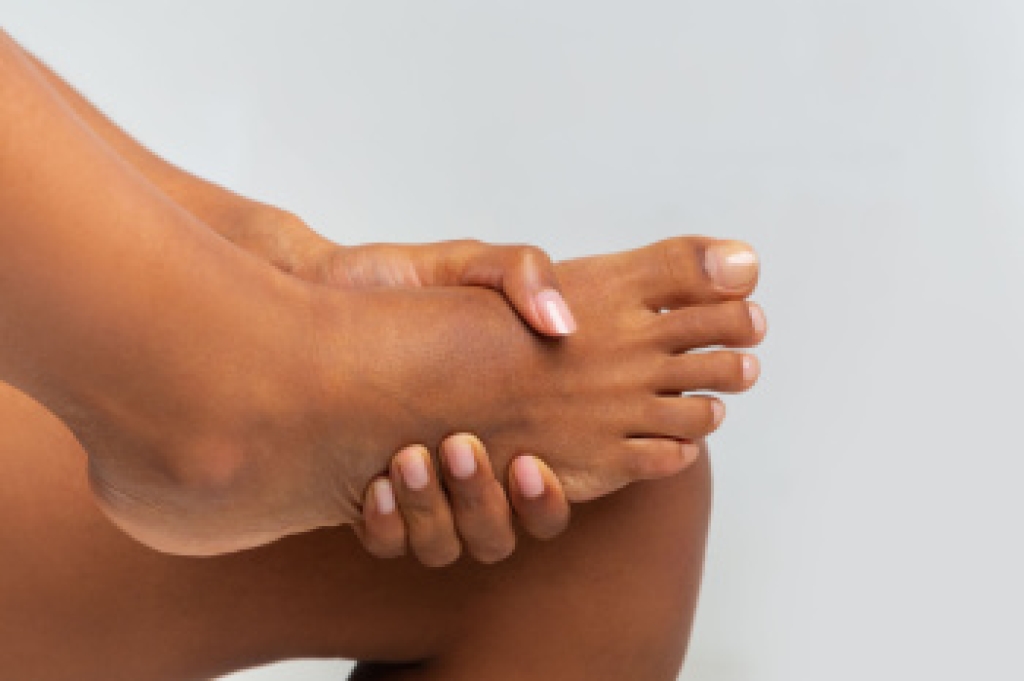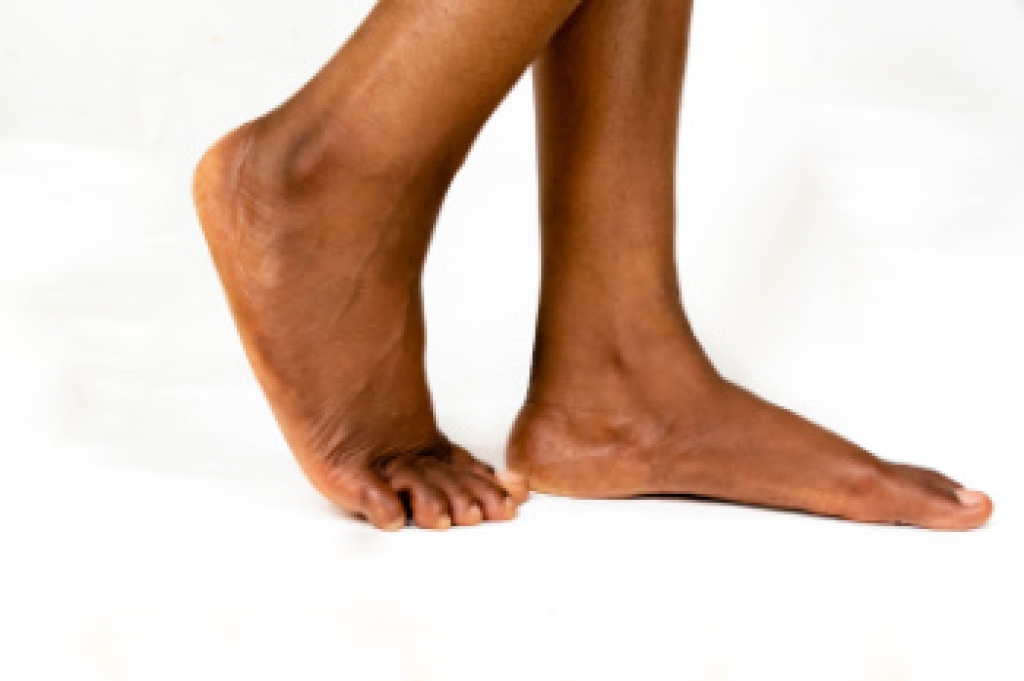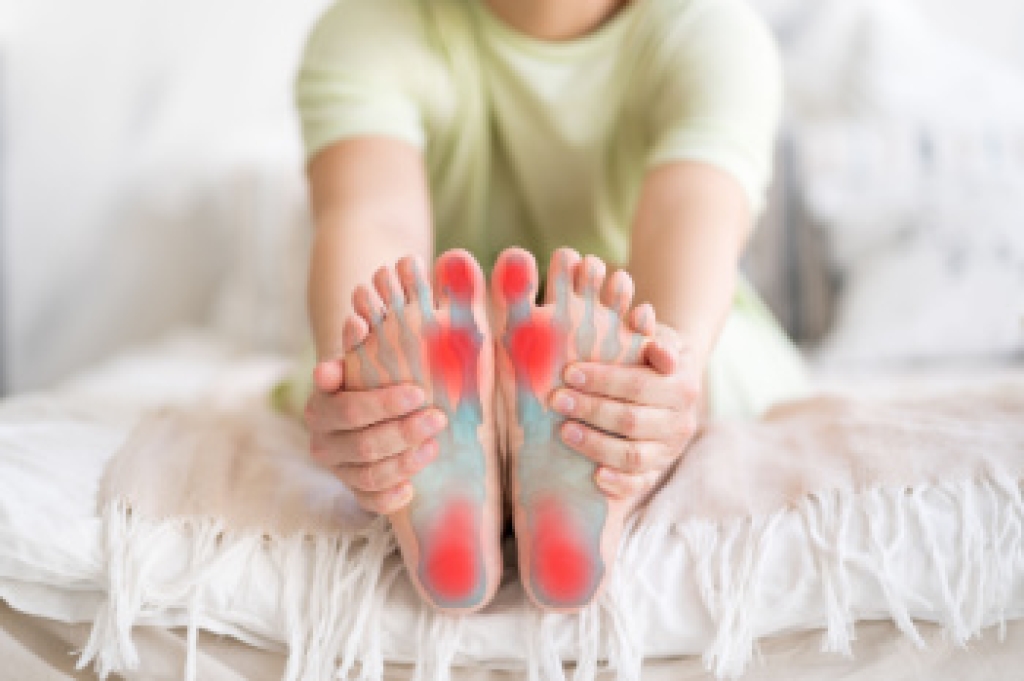
For those with rheumatoid arthritis, or RA, proper foot care is essential to manage pain and prevent mobility issues. RA often affects the joints in the feet, causing swelling, stiffness, and pain that can worsen without special attention. Consistent and gentle foot exercises help maintain joint flexibility while wearing supportive footwear minimizes stress on sensitive areas. Look for shoes with cushioned soles, wide toe boxes, and arch support to ease pressure on joints. Daily inspection of the feet is important for spotting redness, sores, or deformities early, as RA can make skin and nails more prone to damage. Applying moisturizer helps prevent dry skin and cracks. If you have RA and have pain or deformities like bunions that worsen, it is suggested that you schedule an appointment with a podiatrist who can recommend custom orthotics or special footwear adjustments, providing relief and improving mobility.
Because RA affects more than just your joints, including the joints in your feet and ankles, it is important to seek early diagnosis from your podiatrist if you feel like the pain in your feet might be caused by RA. For more information, contact Wendy L. Grossman, DPM of New Jersey. Our doctor will assist you with all of your podiatric concerns.
What Is Rheumatoid Arthritis?
Rheumatoid Arthritis (RA) is an autoimmune disorder in which the body’s own immune system attacks the membranes surrounding the joints. Inflammation of the lining and eventually the destruction of the joint’s cartilage and bone occur, causing severe pain and immobility.
Rheumatoid Arthritis of the Feet
Although RA usually attacks multiple bones and joints throughout the entire body, almost 90 percent of cases result in pain in the foot or ankle area.
Symptoms
- Swelling and pain in the feet
- Stiffness in the feet
- Pain on the ball or sole of feet
- Joint shift and deformation
Diagnosis
Quick diagnosis of RA in the feet is important so that the podiatrist can treat the area effectively. Your doctor will ask you about your medical history, occupation, and lifestyle to determine the origin of the condition. Rheumatoid Factor tests help to determine if someone is affected by the disease.
If you have any questions, please feel free to contact our office located in Bloomfield, NJ . We offer the newest diagnostic and treatment technologies for all your foot care needs.
